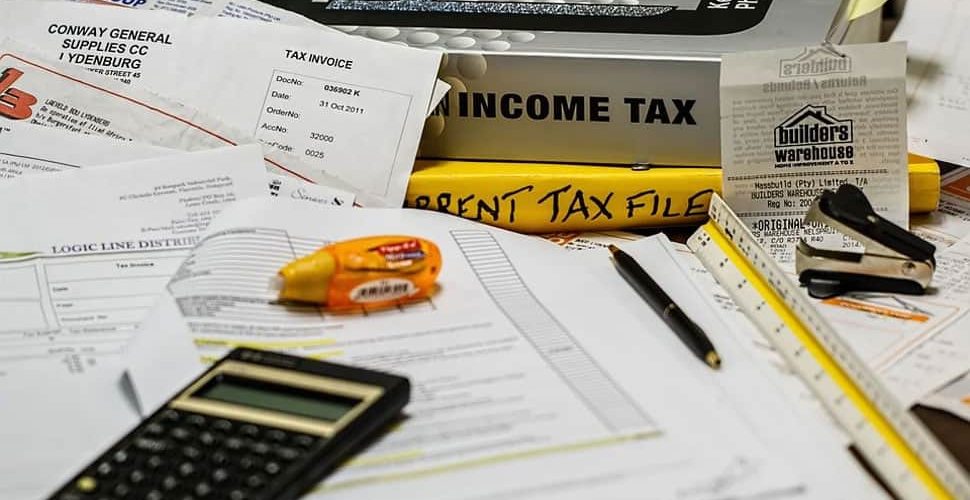Opponents of tax reforms signed into law by Arizona Gov. Doug Ducey are attempting to block their implementation by heading to the ballot box.
Several progressive activist groups on July 2 filed a voter referendum with the Secretary of State’s office to block bills that phase in a 2.5% tax rate for most taxpayers, that cap the top tax rate at 4.5%, and that create a new tax filing classification for small businesses.
The state constitution allows citizens to pause temporarily the implementation of a bill passed by the Legislature and signed into law by the governor by gathering a minimum number of signatures equal to 5% of those who voted in the last general election. The temporary blockage of legislation spans from the time signatures are certified to the time of the referendum vote in the next election cycle, where voters would determine whether to repeal the law entirely or allow it to stand.
Opponents of the pro-economic-growth tax reforms signed by Gov. Ducey must gather at least 130,000 valid signatures by September 28 to pause the bills’ implementation and send them back to voters on the November 2022 ballot.
The citizens’ referendum was last used in 2018 by groups hostile to school choice who blocked the expansion of Arizona’s Empowerment Scholarship Account program.
Tax reform opponents unsuccessfully lobbied the Legislature earlier this year to reject the bills, which blunted the most severe repercussions of Proposition 208, a measure that would slam certain taxpayers, including small business filers, with a 77.7% income tax increase.
The urgency of the tax reform opponents to overturn the laws has heightened since the state Supreme Court last week put the fate of the tax increase in doubt.
The court ruled that the proposition’s attempt to bypass expenditure limits in the state constitution by classifying the new tax revenues as “grants” was unconstitutional. The court left to a lower court, however, the task of determining whether the new revenues would indeed exceed those limits.
The lower court must strike down Proposition 208 in its entirety if the revenues are found to exceed the limits.
Even if the pro-tax groups are successful in their signature gathering campaign, the path to the ballot faces its own legal challenges.
The Arizona Free Enterprise Club has filed a lawsuit arguing that the three bills the groups are attempting to refer to the ballot conflict with the state constitution, which does not allow for legislative actions that are “for the support and maintenance of the departments of state government and state institutions” to be referred to the ballot.
















Add comment